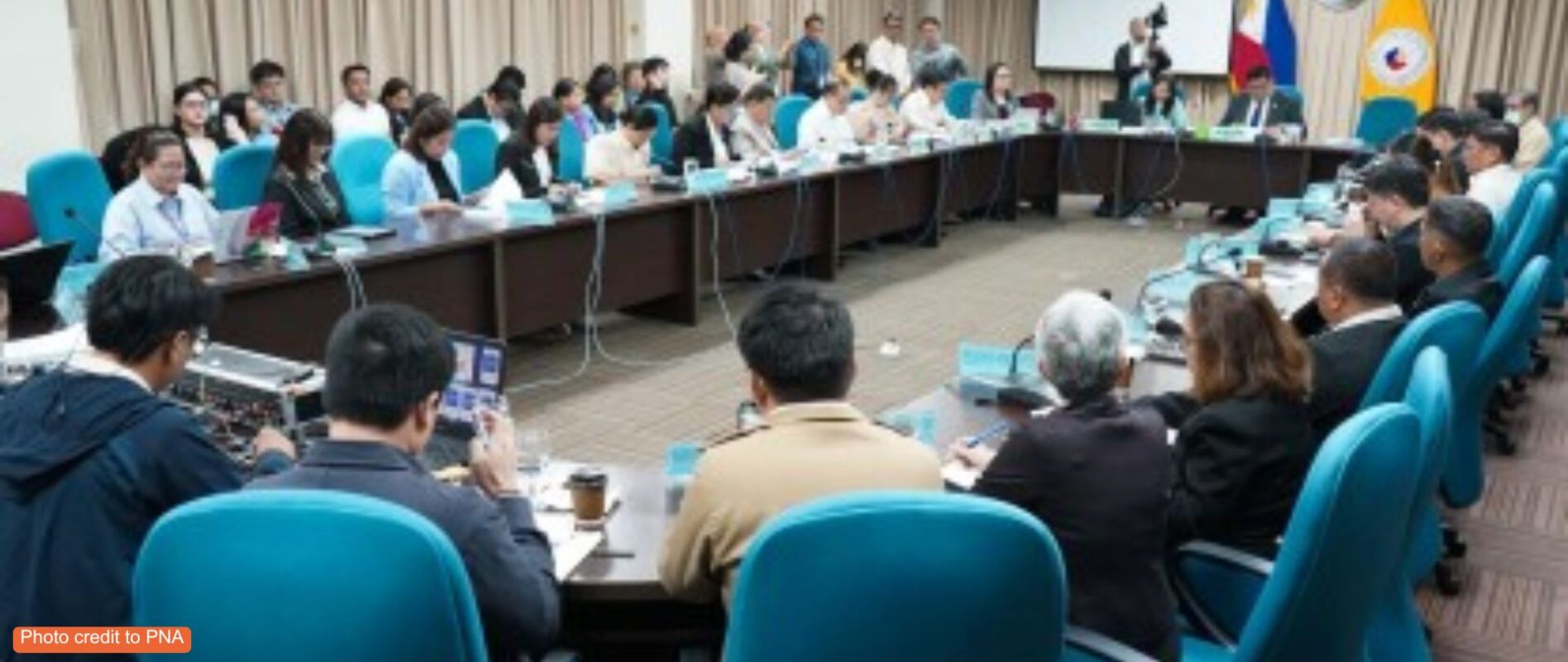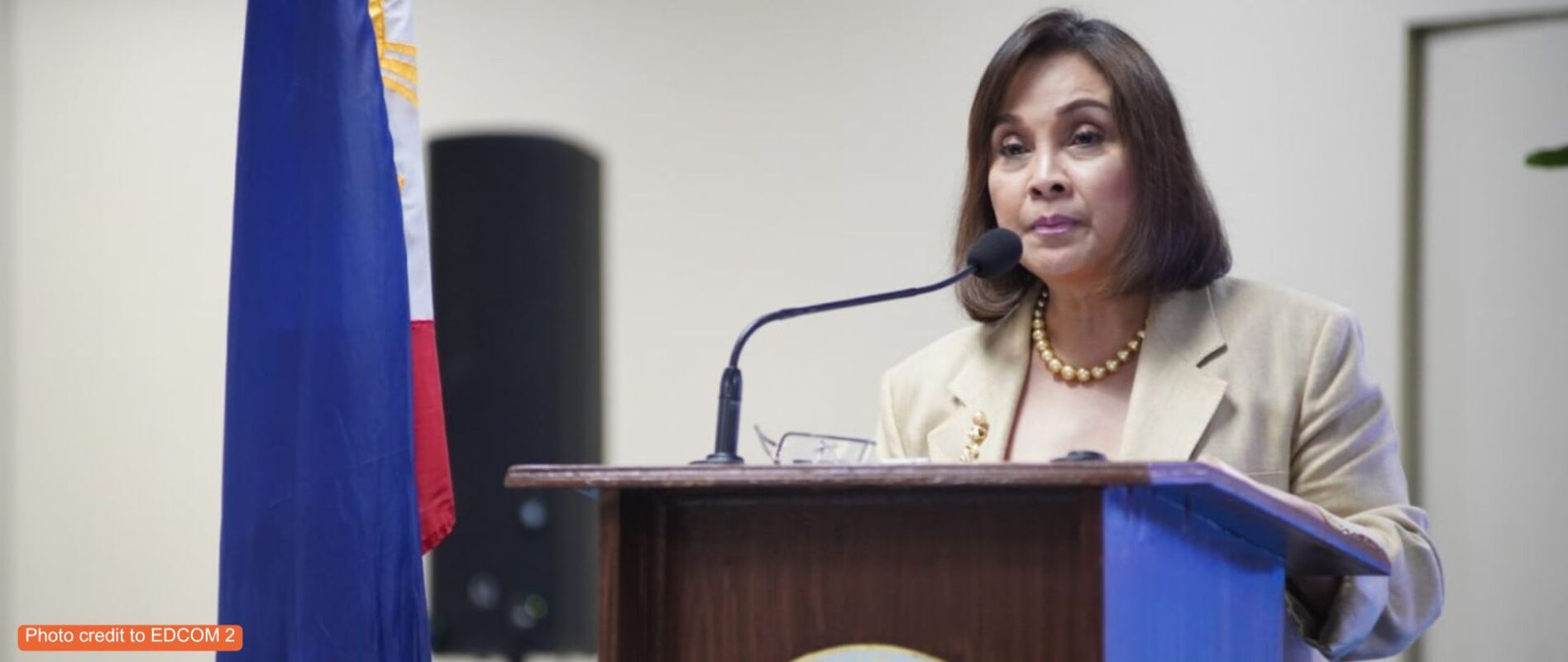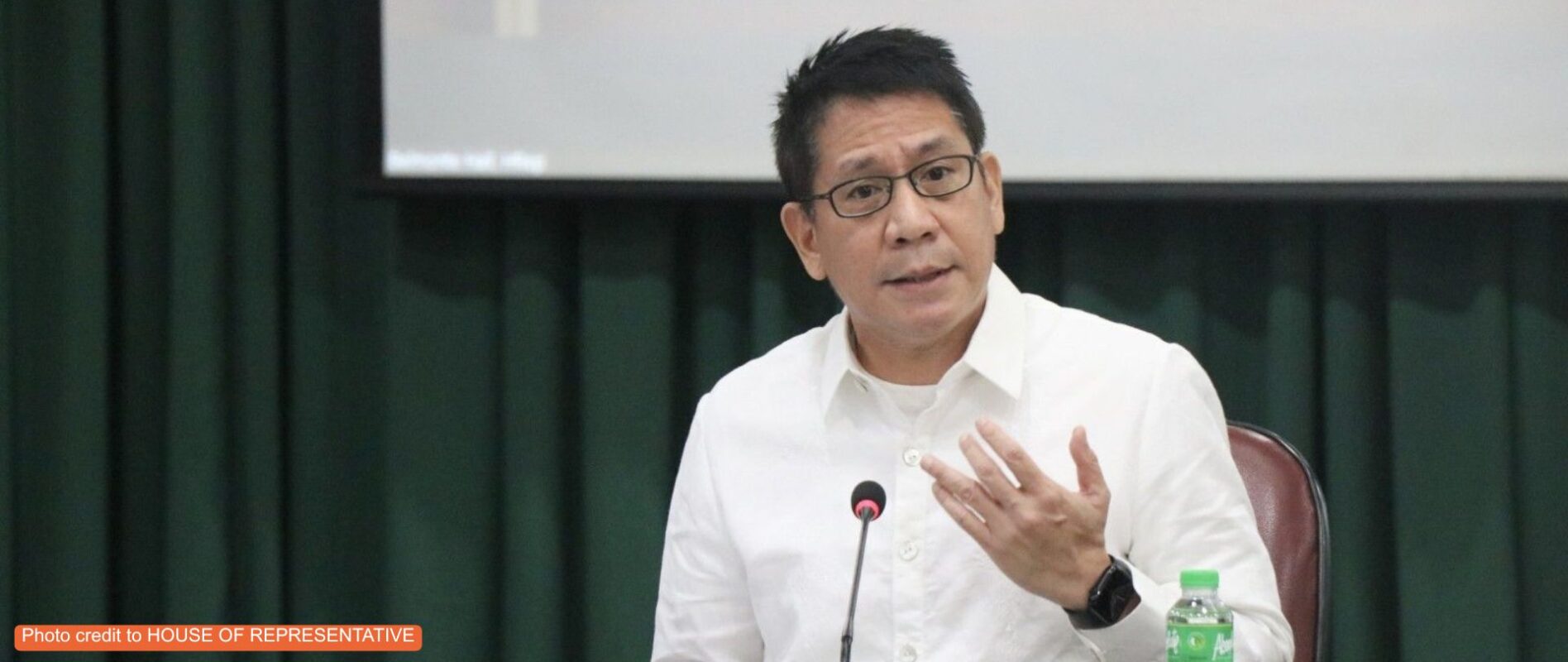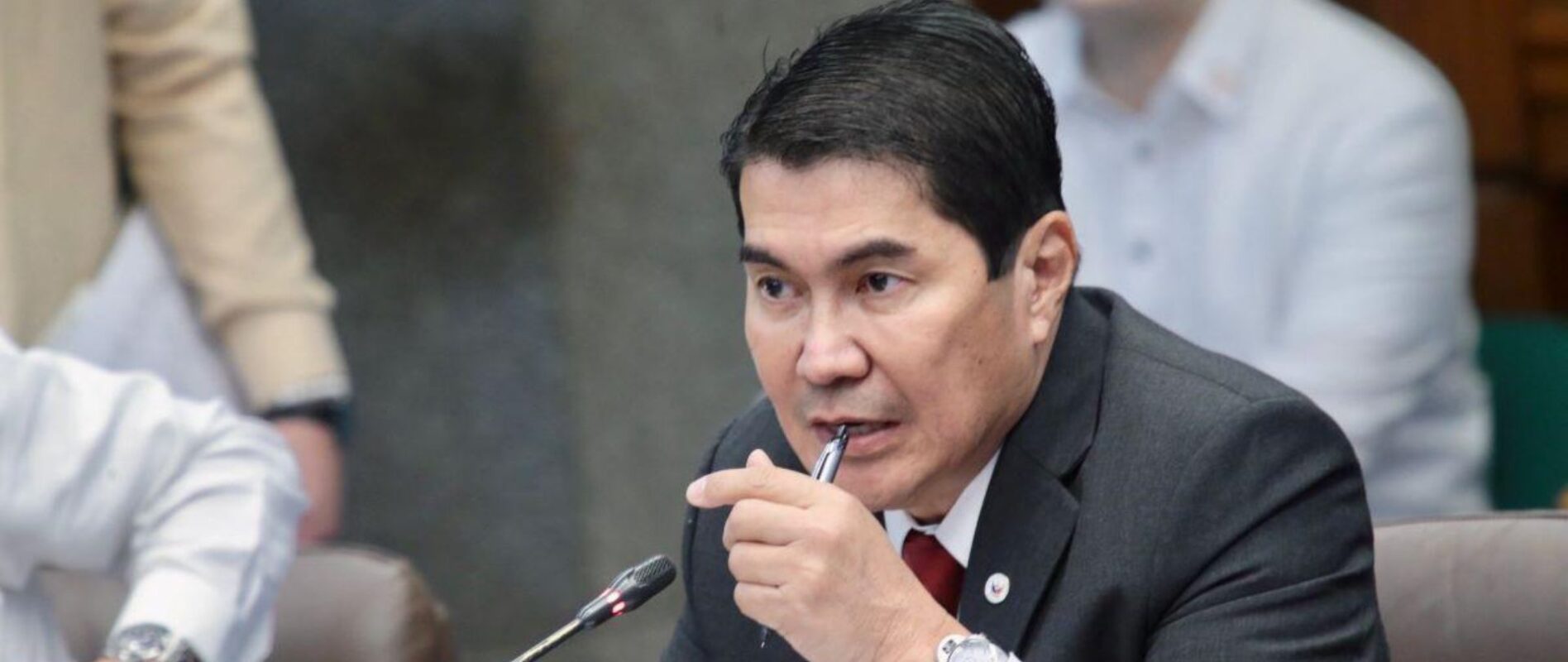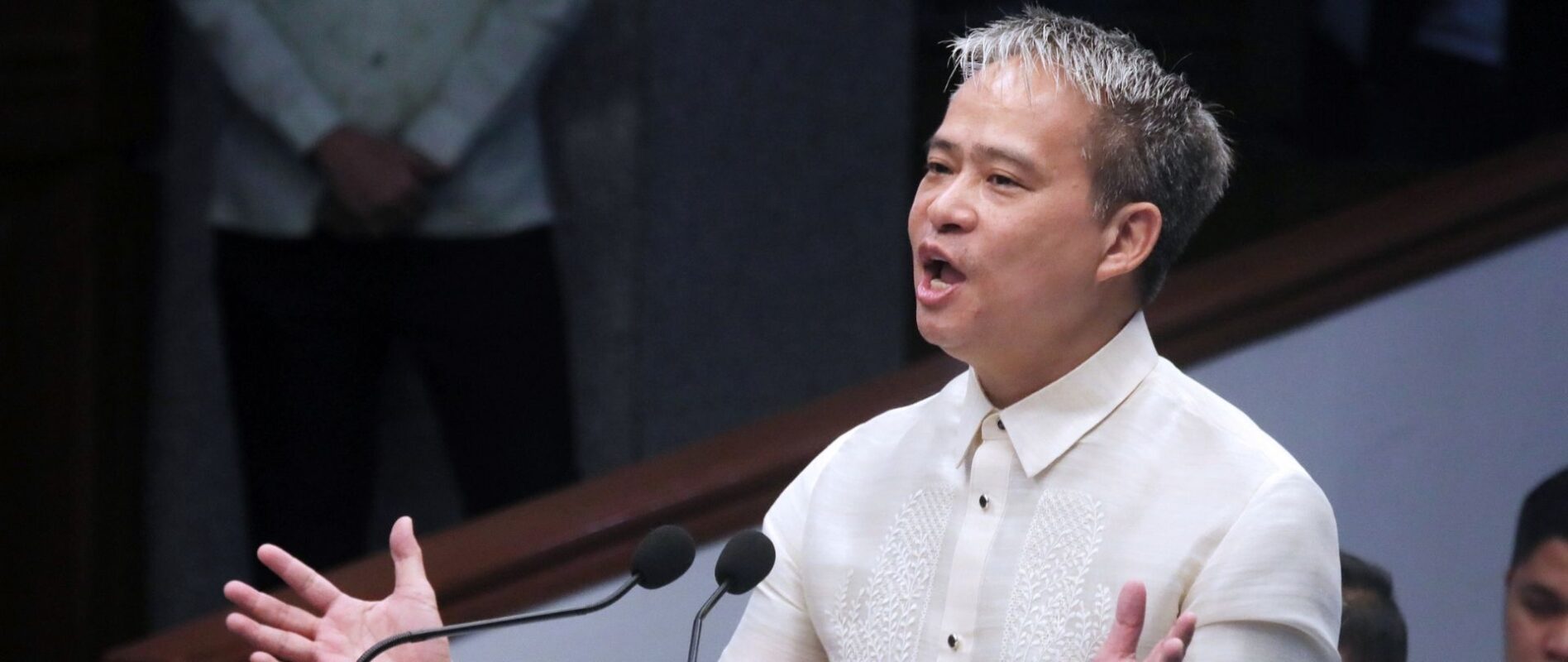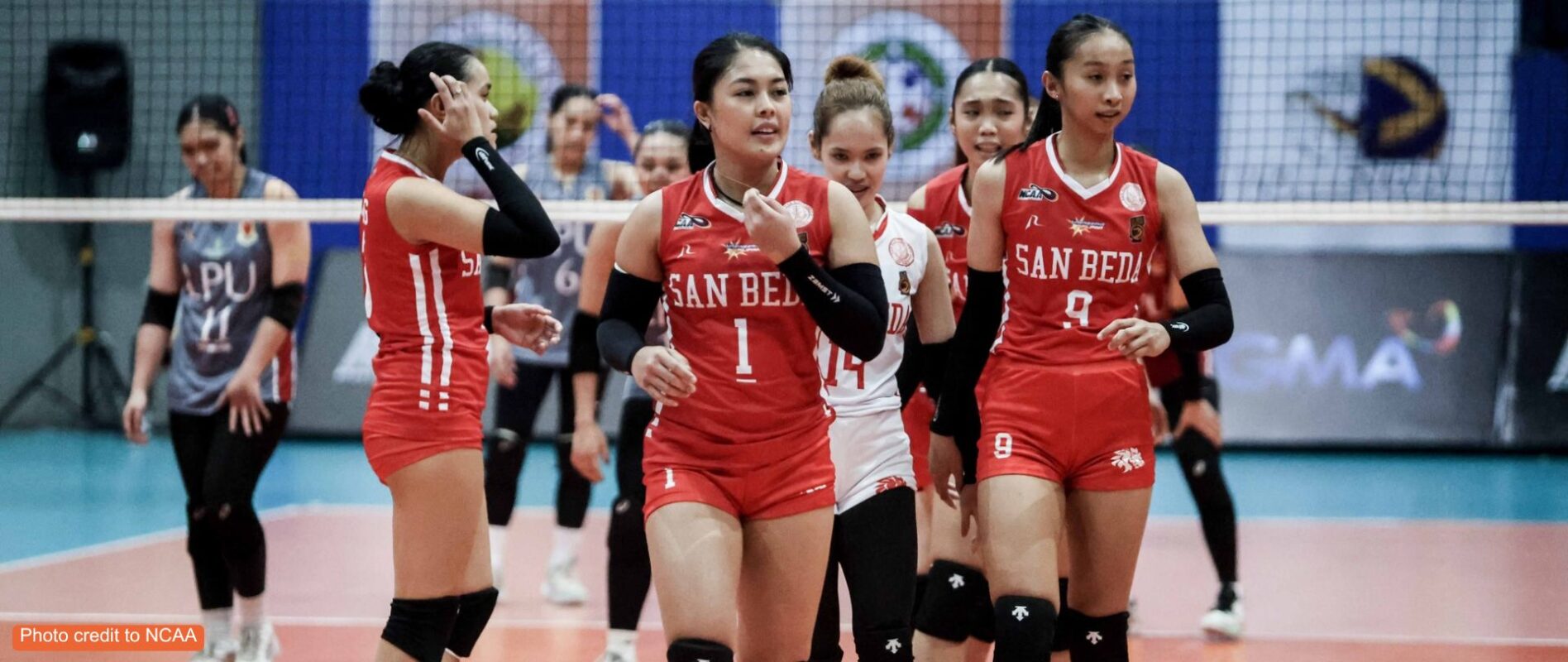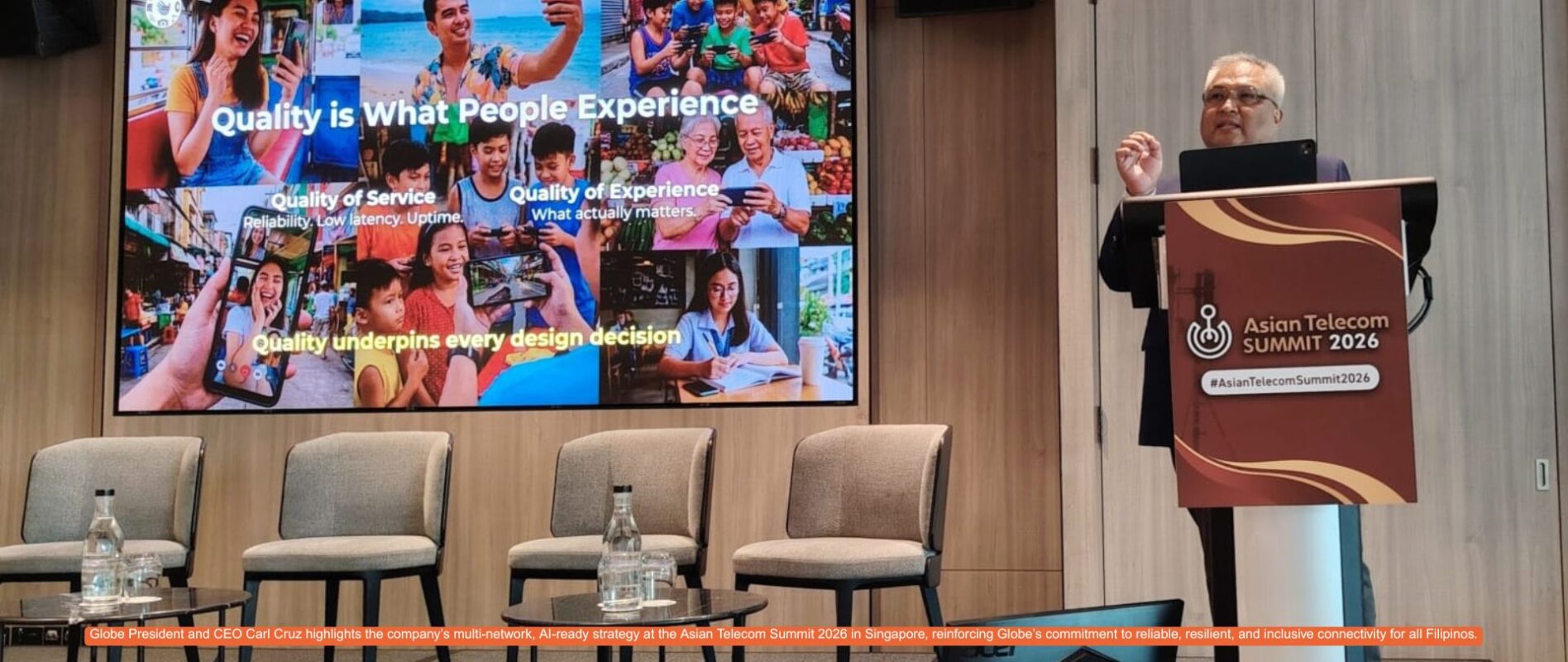DEPED URGED TO REINFORCE LOCAL STAKEHOLDERS’ PARTICIPATION TO ADDRESS EDUCATION CRISIS
ADVOCACY group Philippine Business for Education called on the Department of Education to strengthen the capacity of local stakeholders to address the issues persistently hounding the education sector.
“Our current education crisis still demands more from us. Overcrowded classrooms in scorching heat, persistent malnutrition, lack of resources and teacher support, inconsistent assessments, and quality checks are not just inconveniences. They are pitfalls that continue to widen the educational gap and leave millions of students behind. We should let local government units and communities play a more central role in education, so they can act on challenges and provide solutions closer to the problems.” said PBEd Chairman Ramon del Rosario Jr. during the organization’s Annual Membership Meeting.
The event held on Monday, April 8 at Shangri-La, Makati was also attended by Sen. Sherwin Gatchalian, who shared his insights as commissioner of the Second Congressional Commission on Education on proposed reforms to improve the education sector.
“Drastic times call for drastic measures. The crisis we are facing is far too big for DepEd to handle alone. A stronger decentralized system will bolster the capacity of local stakeholders, including government units, local school boards, school heads, teachers– who are in a better position to assess the condition of our learners and what’s happening on the ground,” PBEd Executive Director Justine Raagas said.
Currently, the Philippine basic education system governs a vast system of around 21 million students, taught by over 900,000 teachers in around 60,000 schools in the country. In the face of a governance, behemoth plunged into a deep crisis, decentralization will speed up the implementation of needed reforms that are more responsive to the specific needs and circumstances of learners in different areas.
“A one-size-fits-all approach hinders local participation, delays resource allocation, and impedes contextualized education, ultimately contributing to the Philippines’ low performance in assessments including the Program for International Student Assessment,” she added.
President Ferdinand ‘Bongbong’ Marcos Jr. himself previously stated during the presentation of the Basic Education Report 2024 that “it is not easy to reboot a system with millions of moving parts that are all closely interconnected, in which the failure of one part leads to the entire ecosystem failing.”
At the same time, PBEd stressed that there should be a national accountability system whereby everyone will be subjected to the same set of standards and measures of success. Streamlining bureaucracy would lead to more efficient resource delivery.
“This is a whole-of-community approach. Decentralization aims to assist DepEd by relieving them of some responsibilities while granting autonomy to local stakeholders to facilitate targeted interventions aimed at enhancing the country’s basic education,” Raagas said.
PBEd also presented the result of a Pulse Asia survey where the majority of Filipino adults or 64 percent of respondents agreed that local government units should have more autonomy and contribution in the education sector within their respective jurisdiction.
The nationwide survey was conducted in December 2023 among 1,200 respondents with a margin of error of plus/minus 2.8 percent.


